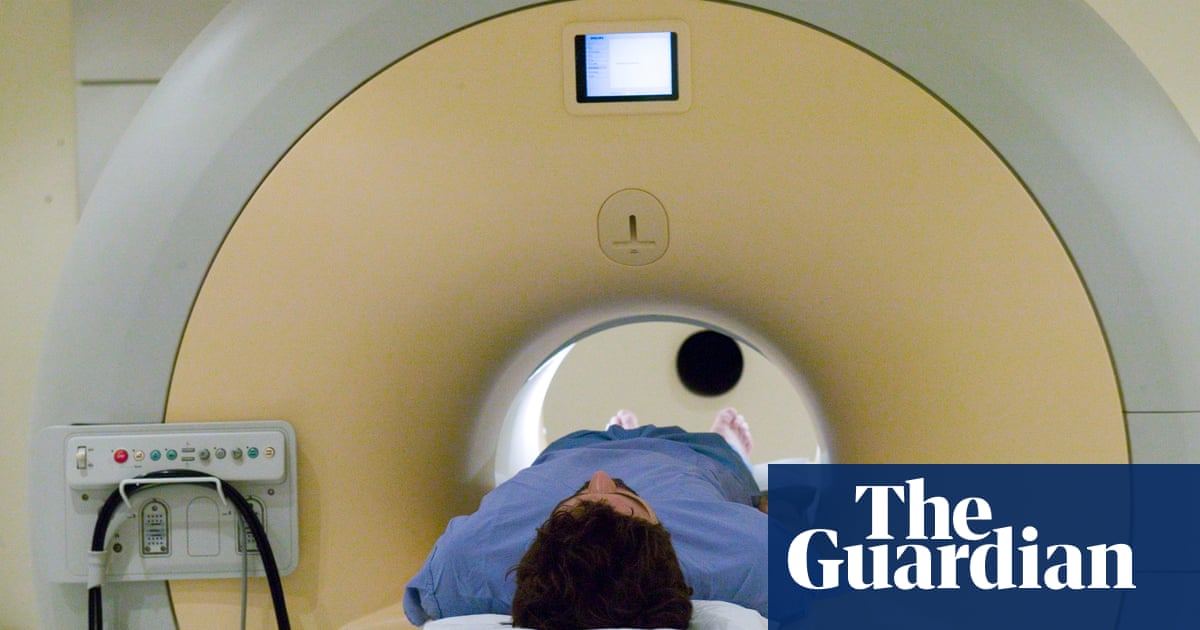
People who want to start a family will be able to freeze their eggs, sperm and embryos for up to 55 years in an overhaul of fertility rules intended to help prospective parents.
The existing 10-year limit on the length of time those planning to use in-vitro fertilisation can store the genetic materials needed is being scrapped, the government said on Monday.
Ministers said the change was needed because of the trend towards later parenthood and so that those choosing to undergo assisted reproduction do not feel pressurised to start treatment too soon.
“Prospective parents should not have to wrestle with time limits on their fertility choices, and this important change to storage timescales will give people more control over their future and eliminate the pressure that comes with knowing a decision has to be made within 10 years,” said James Bethell, the health minister responsible for innovation.
“People across the UK are starting families later in life and it is increasingly commonplace for people to choose to freeze their eggs, sperm and embryos to preserve fertility. There are myriad reasons for this, such as not being ready or able to start a family or having a medical condition.”
The 10-year storage limit will be replaced with a right for individuals or couples who freeze eggs, sperm or embryos to be asked every 10 years if they want to keep or dispose of them, up to a maximum of 55 years.
The new upper limit will mean that all prospective parents will be able to keep their genetic material in storage for 55 years. Under the current rules, only people who can prove they have become prematurely infertile are allowed to do so for that length of time.
The Human Fertilisation and Embryology Authority, which regulates fertility practices and clinics that provide it, welcomed the extension.
“We welcome the government’s plans to extend the storage limit for frozen eggs, sperm and embryos, bringing the law inline with advances in science, changes in modern society and individuals’ reproductive choices,” said Julia Chain, the regulator’s chair.
“This is great news for patients, giving them more time to make important decisions about family planning,” Chain added. Growing numbers of people are deciding to freeze eggs, sperm or embryos.
The change has been made possible by the development of a new freezing technique called vitrification, which means that frozen eggs can be stored indefinitely without them deteriorating.
The extension will need a change in the law. However, the Department of Health and Social Care has not indicated how and when that will happen. Legislation will be introduced when there is enough parliamentary time available to debate it, it is understood.
Fertility experts backed the move. Jason Kasraie, the chair of the Association of Reproductive and Clinical Scientists, said: “The current storage limits have in some cases negatively impacted upon reproductive choice for couples by placing an artificial deadline, which would not be faced by those attempting to conceive naturally, on treatment.
“The proposed, fairer, storage limits will help to alleviate unnecessary stress for our patients and streamline the process of storage for assisted conception clinics.”












